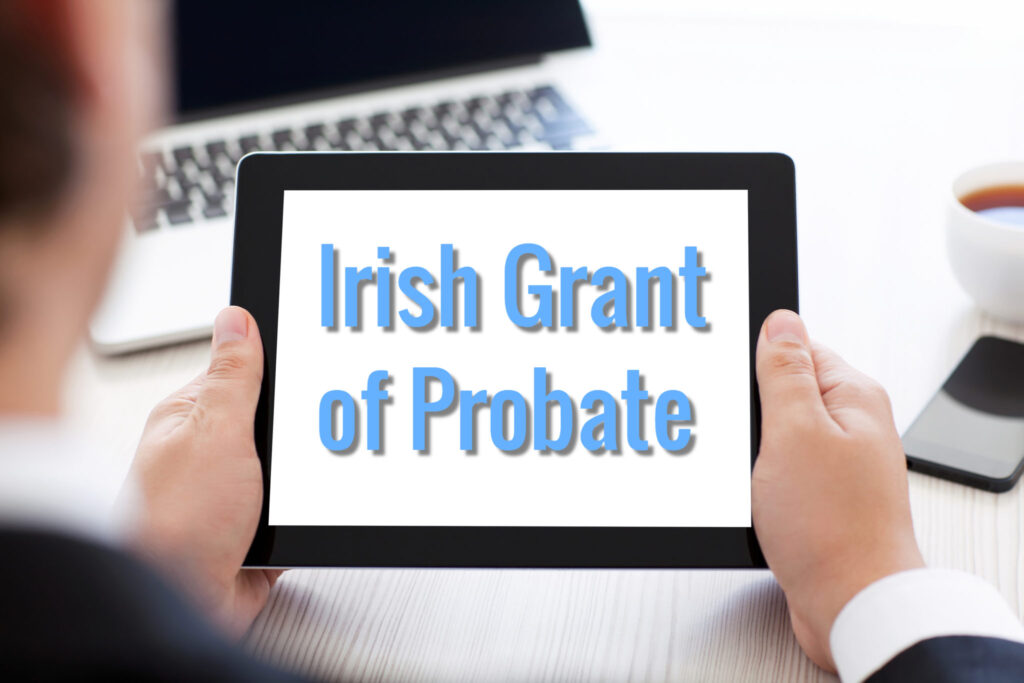Making a Will – Non Legal Considerations
Making a will … The Non-Legal Considerations for the Legal Advisor My clients always tell me that making a will is something that has been on their “to do list” for quite some time. It’s a real “long-finger thing” I’m told! I, as a wills and probate solicitor, should have known better when it came to updating my own will after a recent addition to the family. However, I, just like my clients, put this on the long finger too! The law was clear to me. I knew I needed to appoint guardians for my children, to look after their welfare if anything happened to my husband and me. In addition, I knew it was best to leave everything in a trust for my children and allow the trustees look after this inheritance and use it for the children’s benefit until they came of age. The issues that were not clear to me were the non-legal matters, the emotional decisions that every client must make. These required a lot of consideration and discussion. I had to choose the right people to be the guardians – what family members? I had to choose the right trustees – who would be able to make these financial decisions? I had to consider if I wanted funeral arrangements in my will, etc. The experience really made me realise the struggles my clients face before they come in to see me to make their wills. The law only gives legal guidance and often there is much emotional guidance needed also. The emotional side of making your will cannot be overestimated. From my experience, I had great peace of mind and clarity once I started the process of updating my will. It made me think about all the decisions I was putting off and with the drive to take care of my children, I managed to make them all. In summary, making a will takes you on an emotional journey… I realised this when funeral arrangements were discussed with my husband. I wanted a cremation, he wanted a burial, and I agreed I would be buried with him. Suddenly I realised, what if I die first? I’m buried in the plot; he remarries and never joins me?? Naturally, I became quite annoyed… My husband quickly reminded me that I was not, in fact, dead and perhaps it was unfair to get annoyed at him for hypothetically getting remarried and not getting buried with me! I had to agree and decided that this was best left for another day… I had made some very important decisions and completed my new will, and that was enough for now! Moral of the story? It is more important to make a will and update on a regular basis as significant life events change your priorities, focus on the important decisions you have to make and don’t get hung up on the hypothetical situations they may never occur! TELL US ABOUT YOUR CASE If you are thinking about making a will or wondering what the best course of action is, contact us, Head Probate Solicitor on 01 234 3732 or email [email protected] for a confidential chat and through my own personal experience I can help you through the making a will process with as much ease as possible.
Making a Will – Non Legal Considerations Read More »











